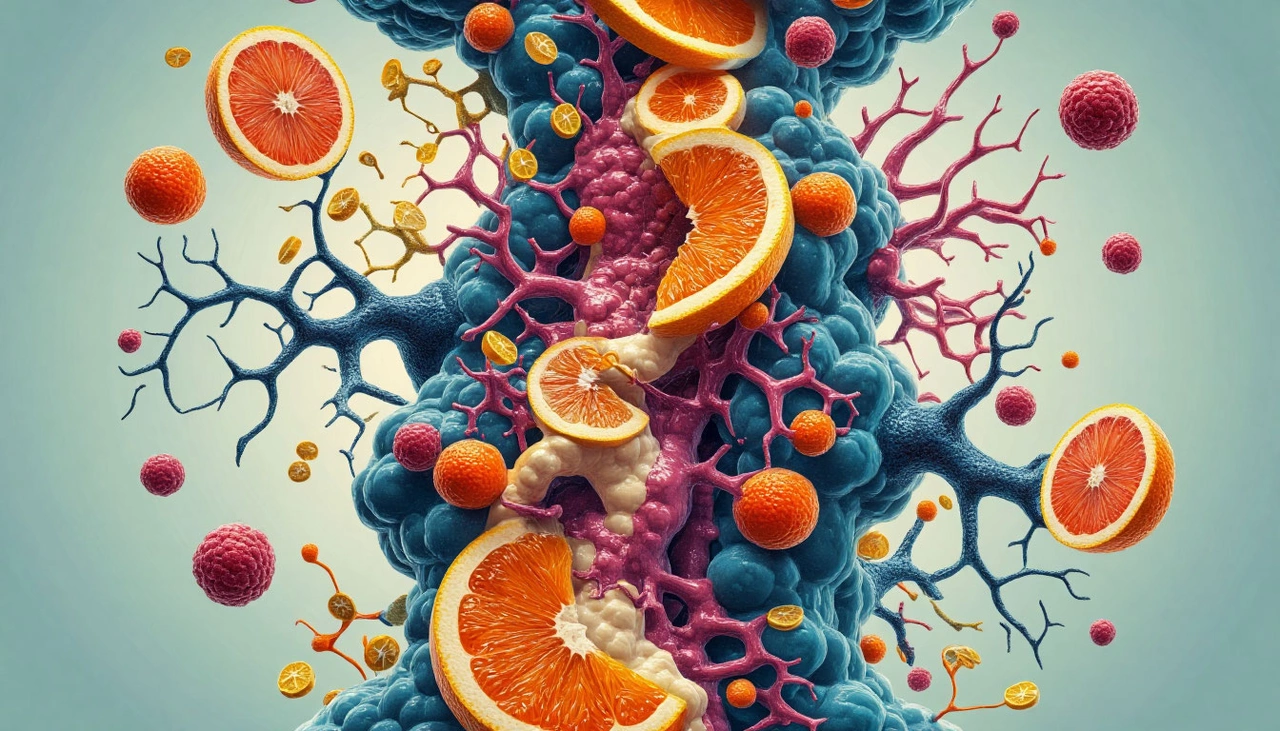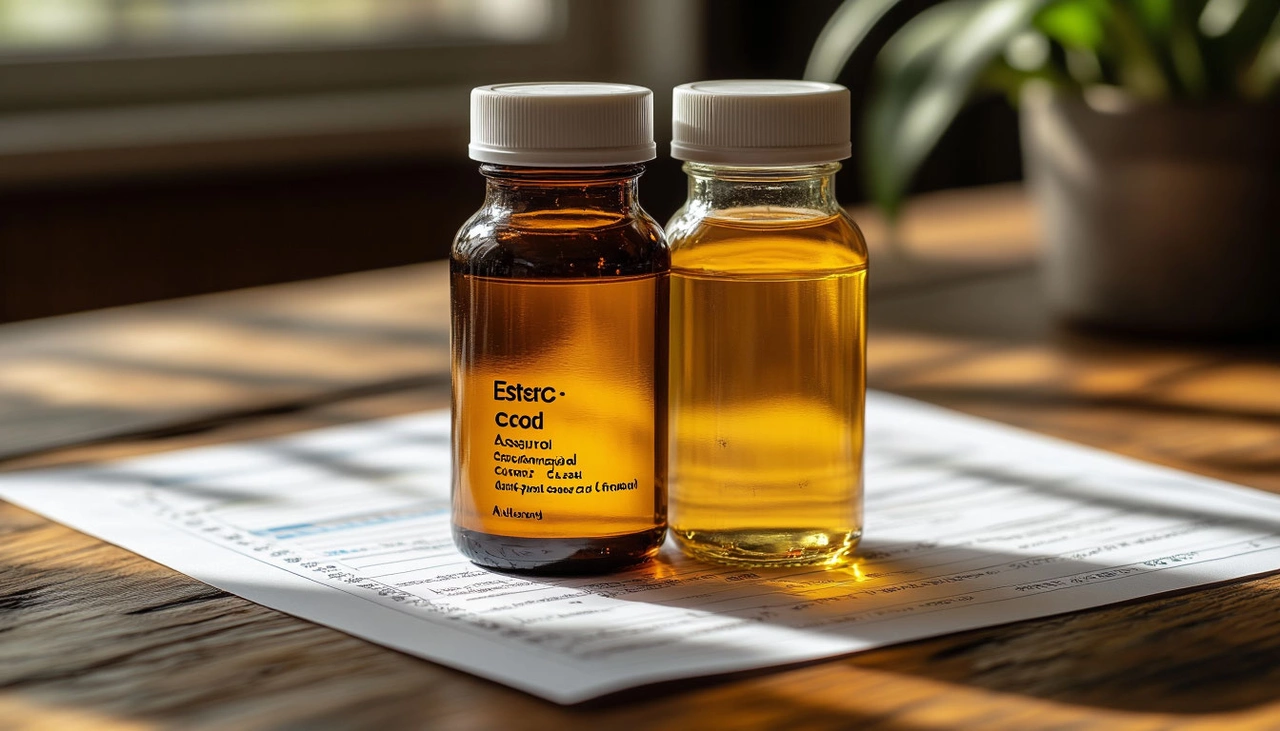🍊 The Power of Vitamin C: Essential Support for Immunity and Beyond
🌱 A Vitamin That Changed History
Though we often think of vitamin C as a simple immunity booster or a go-to remedy for colds, its historical significance is profound. In the 18th century, scurvy was a widespread and often fatal disease among sailors deprived of fresh produce during long sea voyages. The lack of vitamin C caused bleeding gums, extreme fatigue, and even death.
Scottish naval surgeon James Lind was among the first to test citrus juice as a treatment, giving sailors lemon juice and observing remarkable improvements. His experiment, though not widely accepted at the time, laid the groundwork for recognizing vitamin C as essential to human health. Decades later, in 1928, Hungarian biochemist Albert Szent-Györgyi isolated vitamin C (ascorbic acid), ultimately winning the Nobel Prize for his work.

🧬 Why Vitamin C Is So Important
Vitamin C, also known as ascorbic acid, is a water-soluble nutrient — meaning your body doesn't store it and you need to consume it daily. It plays a vital role in multiple body systems, but its impact on the immune system is especially well-known.
Here’s what vitamin C does for you:
- Boosts white blood cell function: It enhances the activity and protection of lymphocytes and phagocytes, two key types of immune cells.
- Acts as a powerful antioxidant: It helps combat free radicals, reducing oxidative stress and inflammation.
- Promotes collagen production: Essential for healthy skin, blood vessels, tendons, and bones, vitamin C also supports faster healing.
- Improves iron absorption: Especially important for people on vegetarian diets or those with iron-deficiency anemia.

🍊 Top Food Sources of Vitamin C
While supplements are common, natural food sources remain the best way to integrate vitamin C into your diet.
Fruits high in vitamin C:
- Oranges, grapefruits, lemons, limes
- Kiwis, pineapples, strawberries, watermelon
- Acerola cherries (among the richest sources)
Vegetables high in vitamin C:
- Bell peppers (especially red), broccoli, spinach
- Kale, Brussels sprouts, sweet potatoes, tomatoes
A colorful plate usually means a nutrient-rich one — aim for variety.
💊 Supplements: Ester-C vs. Traditional Vitamin C
Walk into any pharmacy and you'll be greeted with a dizzying array of vitamin C products. So what’s the difference between traditional ascorbic acid and newer forms like Ester-C?
- Ascorbic Acid (Standard Vitamin C): The most commonly used form, but can be acidic and cause stomach discomfort for sensitive individuals.
- Ester-C: A patented, non-acidic form of vitamin C that's gentler on the stomach and includes additional metabolites that may help the body retain it longer.
People with sensitive digestion or those looking for long-lasting support often prefer Ester-C.

🛑 Can You Take Too Much?
Yes — while vitamin C is water-soluble and excess amounts are usually excreted in urine, very high doses (especially over 2000 mg per day) can lead to:
- Stomach cramps
- Nausea or diarrhea
- Potential kidney stones in predisposed individuals
The recommended daily intake for adults ranges from 65–90 mg, but during times of illness, higher amounts (e.g., up to 1000 mg/day) may be temporarily beneficial — always consult your doctor.

✅ Final Thoughts: Daily Vitamin C for a Healthier You
Vitamin C is more than just an immune booster — it's a vital player in your overall health. Whether you’re choosing citrus-rich meals or considering a daily supplement, keeping your vitamin C levels optimal can make a lasting impact on your body’s resilience, healing, and energy.
Close